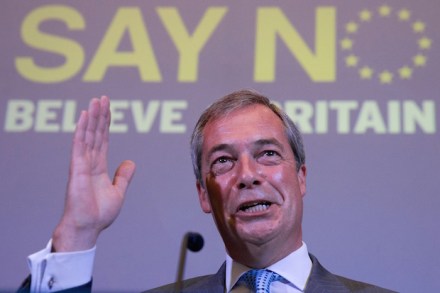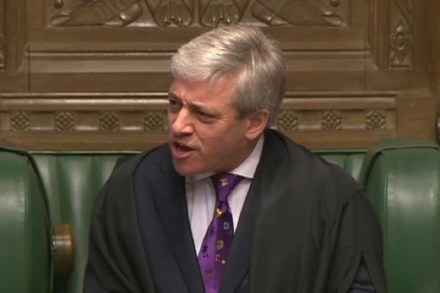High life | 20 August 2015
These are the languid, sensuous days of summer, and I’ve had another birthday, which is the bad news. But it’s the silly season, so I’m going to be silly yet again and tell you about Patrick and Isabelle Balkany, a couple who got into trouble last week in the land of cheese. I don’t know them, but I had the bad luck to run into the wife about 20 years ago in Rolle, Switzerland, where the Rosey school is located. It was September, the first day back at school, and my son J.T. was miserable at the prospect of going to boarding school for the first time. He had tried

















